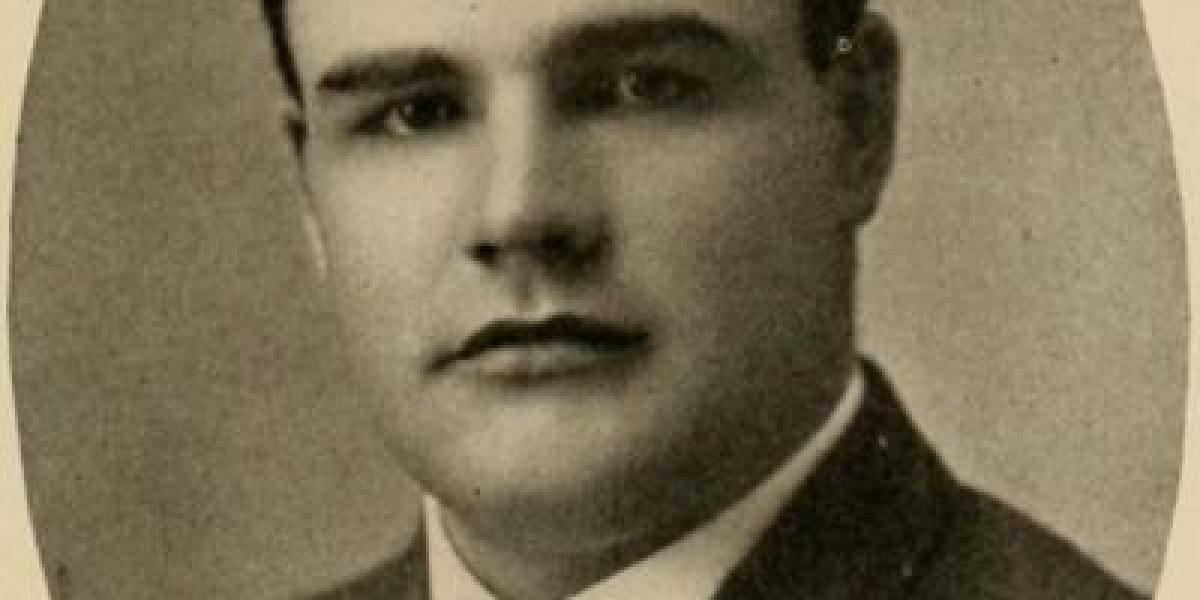Warner's playing career (1899-1902) at Cornell University established him as a dominant force. Standing at a formidable 6-foot-4 and 210 pounds, he was a "rock" upon which Cornell built one of the best offensive lines in the nation. While not known for flashy plays, Warner's consistency and intelligence garnered him All-America honors in 1901 and 1902, solidifying his reputation as a "workhorse guard."
But Warner's impact truly blossomed in his coaching career. Following his graduation, he head-coached at Cornell in 1903, leading them to a respectable 6-3-1 record in his debut season. He then embarked on a remarkable journey, coaching at various universities across the country, including North Carolina, Colgate, Saint Louis, and Oregon.
Warner's coaching philosophy was ahead of its time. He emphasized offensive innovation, utilizing forward passes and deceptive running plays to challenge traditional defensive schemes. His "Warner System" became a hallmark of his tenure, paving the way for the evolution of the modern passing game.
His success was undeniable. Warner boasted a winning record at every institution he coached, amassing an impressive 180-79-14 record over 22 seasons. He led Colgate to two National Championships (1906, 1908) and his Oregon teams became a force in the Pacific Coast Conference.
Beyond wins and championships, Warner's legacy lies in his lasting impact on the game. He revolutionized offensive strategies, mentored future coaching giants like Pop Warner and Knute Rockne, and laid the foundation for the exciting, pass-driven football we witness today.




